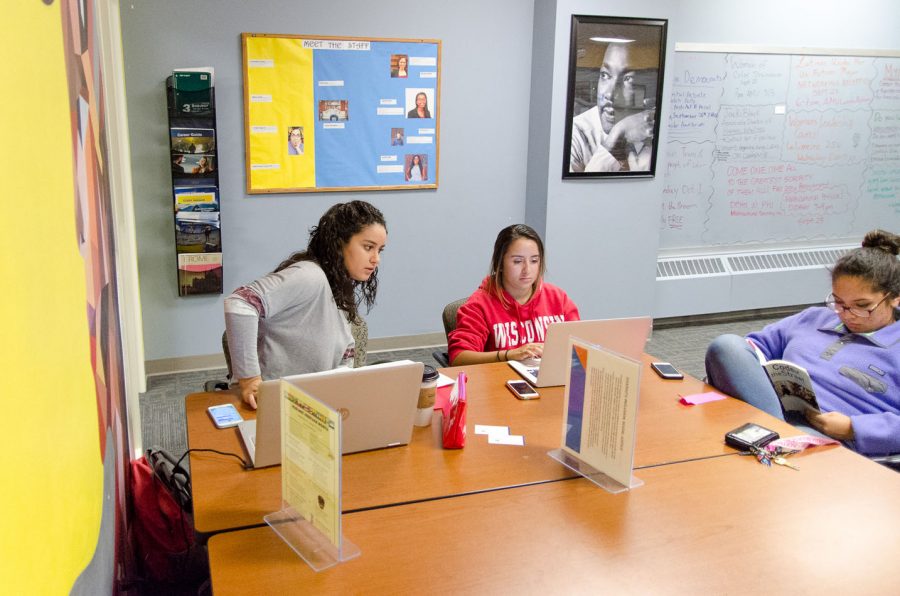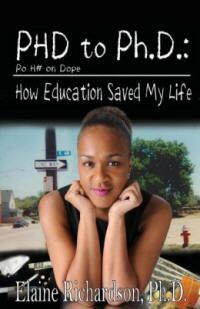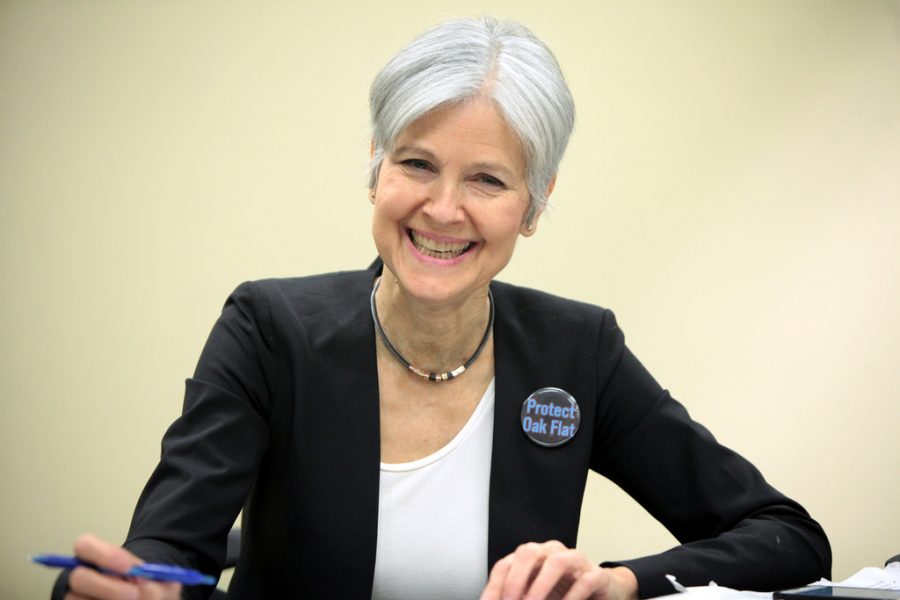The national debate surrounding safe spaces and trigger words have reached Marquette where students and faculty are falling on both sides of the issue.
Last Thursday, Marquette Law School cancelled Milwaukee Bucks President Peter Feigin’s speaking event following his comment that the city was the most racist place he had ever been.
The incident is the latest of such stories across academia as debate over the balance of free speech and inclusive environment continues nationwide. In August, a dean from the University of Chicago sent a letter to incoming freshmen stating the university doesn’t condone the use of safe spaces or trigger warnings. The letter set off a nationwide debate on the topic and its implications for free speech.
Heather Montes Ireland, a faculty coordinator in the Office of Intercultural Engagement, said she was frustrated to see the University of Chicago take such a negative stance on safe spaces.
“(The letter) was so frustrating because why would we want students to feel uncomfortable in their bodies in the classroom?” Ireland said.
A trigger warning flags a piece of work that might be upsetting, especially if it describes a traumatic event like sexual assault. A safe space is considered a place where students can express themselves without fear of discrimination based on their race, sexuality or gender identity.
“It’s a place where a facilitator acknowledges students’ identities are recognized and protected,” said Triston King, a graduate assistant in the Office of Intercultural Engagement.
Ireland said that the use of trigger warnings can make students feel more comfortable in a classroom.
“If a teacher uses trigger warnings, such as stating that the class will be talking about rape today, it shows that teachers understand that some students have experienced this and the topic might make some students uncomfortable,” Ireland said.
King said establishing the classroom as a safe space ensures teachers have the same expectations for every student. She defines a safe space as a place where people come together an do not have to contribute in a way that makes them uncomfortable.
“This is especially important for marginalized groups,” King said. If a student is one of the only African Americans in their class, they shouldn’t be expected to talk about their experiences in a way that’s different from other students because of their race.”
Others said safe spaces may hinder discussion and debate.
“If you’re discussing a topic, it’s not a debate if you get rid of the opposing viewpoint,” said Mateusz Sternik, a freshman in the College of Arts & Sciences. “It’s not possible to have a debate on gay marriage if you can’t talk about the opposition to gay marriage.”
He said establishing classrooms as safe spaces and using trigger warnings is not a necessary precaution at this time.
“Unless we have increased instances where students are being very offensive towards each other, I don’t think (safe spaces) should be a thing,” Sternik said.
Cedric Burrows, an assistant professor of English, said any topic can be debated in his classroom, no matter how sensitive.
“Students can freely disagree about things, as long as they say it in a civilized manner,” Burrows said. “Having a debate about any topic enhances the learning experience.”



